About us
Our team
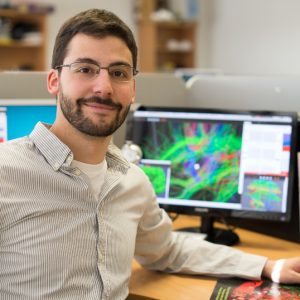
Oscar Esteban is a Research and Teaching Ambizione FNS Fellow at the Service of Radiology of the Lausanne University Hospital (CHUV) and the University of Lausanne. Oscar’s research aims at pushing the boundaries of human and nonhuman neuroimaging —magnetic resonance imaging (MRI) most often,— and by that, help other researchers advance our understanding of the brain. In more specific terms, Oscar is currently developing tools that cater to researchers with “analysis-grade” data (see www.nipreps.org for more on this concept,) so they can focus on statistical modeling and inference. Perhaps, the flagship of these tools is fMRIPrep. Oscar actively investigates the reliability and validity of diffusion and functional MRI measurements. As a fundamental step of the neuroimaging workflow, Oscar wants to improve the computational reproducibility of our results and minimize this methodological variability in the preprocessing step by standardizing workflows and reaching consensus implementations. In the longer term, Oscar’s vision is to contribute to uncovering the interplay of structure, function, and dynamics of brain connectivity using MRI.
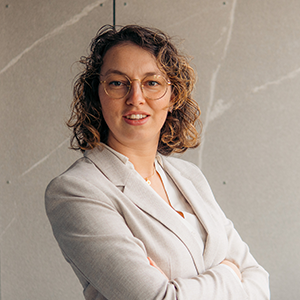
Throughout her PhD, Céline focused on characterizing and improving the reliability of brain connectivity estimates by addressing key sources of variability in MRI-based measurements. To mitigate the impact of methodological flexibility in neuroimaging pipelines, she contributed to standardizing quality assurance and quality control (QA/QC) procedures by developing a comprehensive QA/QC protocol that can be easily reused and adapted to other project needs. She also helped enhance MRIQC and fMRIPrep, widely used tools that standardize image preprocessing. Additionally, she investigated the impact of defacing on perceived image quality, demonstrating that QC procedures should ideally be performed before defacing to prevent biased assessments. Céline also co-led the acquisition of the Human Connectome Phantom (HCPh) dataset, a large-scale initiative designed to systematically assess the reliability of functional and structural connectivity. By repeatedly scanning a single individual across multiple scanners, the dataset provides a unique opportunity to disentangle between-scanner and within-scanner variability in both functional and diffusion MRI. It also serves as a valuable resource for developing improved methods to remove non-neural signal fluctuations in fMRI. Now, as a Research Engineer, Céline is finalizing the analysis of the HCPh dataset and preparing it for public sharing, further supporting the lab’s efforts to promote open science and reproducibility in MRI research.
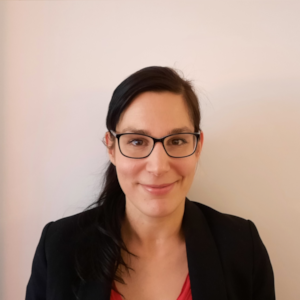
My background is in Astrophysics. During my PhD, I developed deep-learning tools to classify, segment and generate images. In addition to a machine learning core, my PhD research involved a substantial amount of image processing. In The AxonLab, I contribute to implementing preprocessing tools under the umbrella of the NiPreps ecosystem to improve computational reproducibility and reduce methodological variability in MRI research. In addition to this, I am strongly committed to promoting open science.
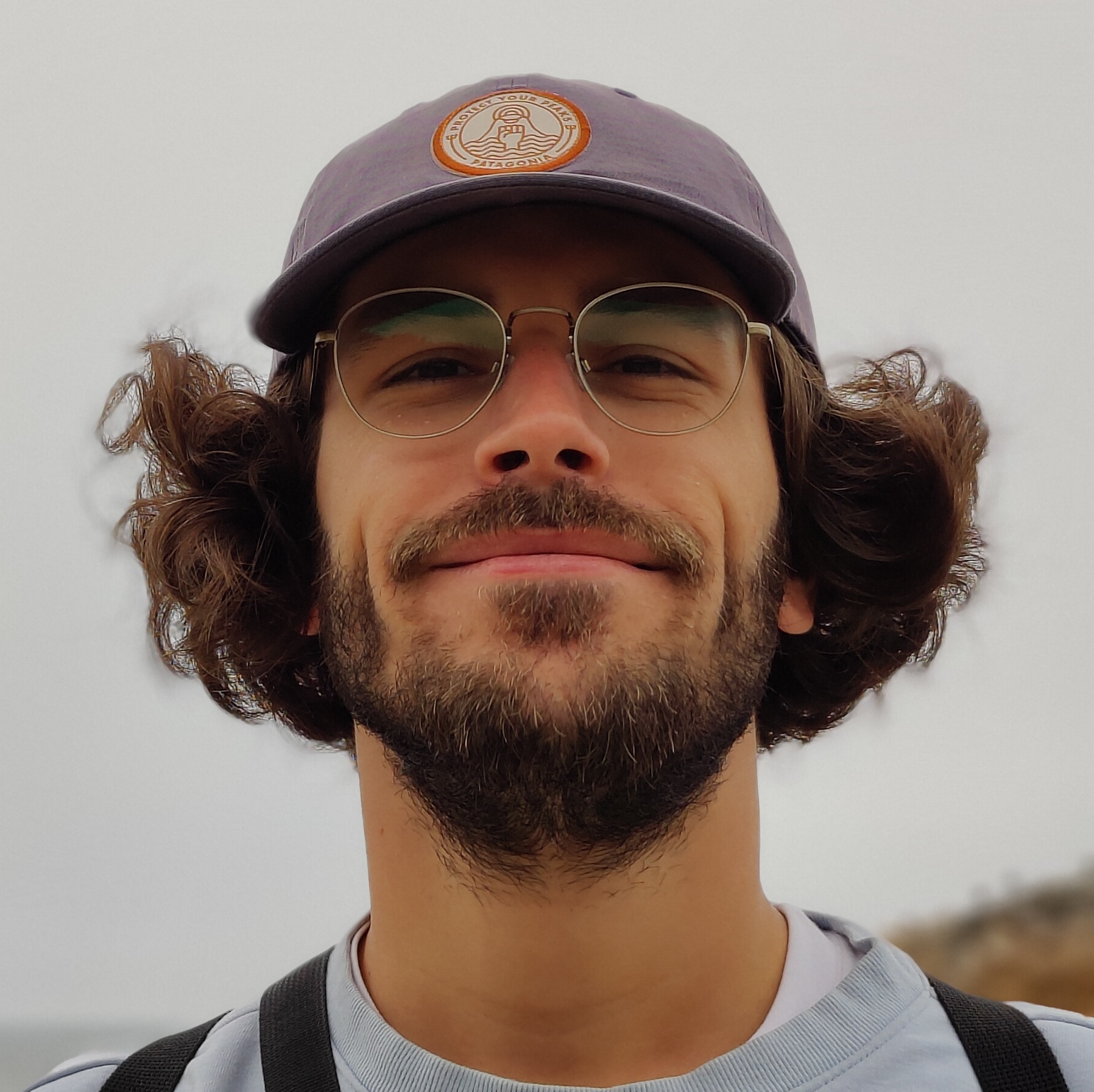
Alexandre Cionca is a research assistant in the Department of Radiology at the University Hospital of Lausanne (CHUV). He graduated from EPFL with a specialization in Computational Science and Engineering (CSE). He focused his studies on data science and statistical learning applied to the neuroimaging field. He then joined the Clinical and Experimental Neuropsychology lab (CENLab) at the University of Geneva, where he worked on all-around data processing and analysis for the COVID-COG project. His research included computational modeling of functional MRI in the unraveling of long-term neuropsychological effects following a SARS-CoV-2 infection. He is now fulfilling his civil service with the Axon Lab in an initiative to evaluate the reliability of the clinical MRI workflow that routinely aids medical decision at CHUV.
Our closest collaborators
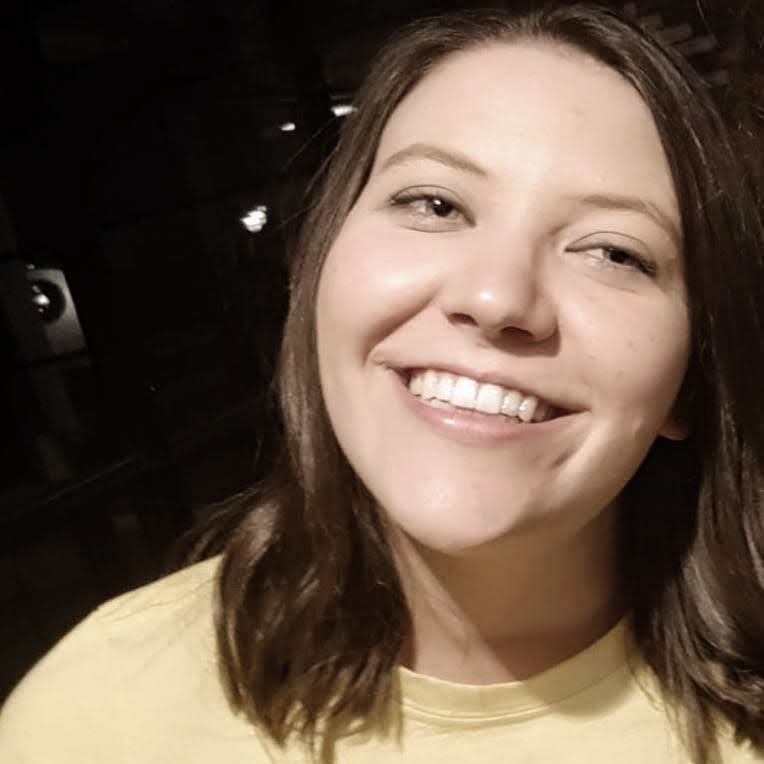
Eilidh E. MacNicol
Postdoctoral Research Associate @ KCL
email: eilidh.macnicol@kcl.ac.uk
Website | Google Scholar | ORCID | Twitter
My PhD research used MRI to identify changes in brain networks related to healthy ageing. During this time, I realised my enthusiasm for solving data analysis problems and developing resources for image processing and analysis. In particular, I am interested in extending processing tools developed for human data to be species agnostic, and supporting open science and reproducibility in the preclinical MRI community. I continue to apply network-based analysis methods to MRI data with the aim of modelling brain changes over time.
DEI Statement
Please check our diversity, equity, and inclusiveness statement.
Contact
Our offices are located in the center of Lausanne,
on the 4th floor of Rue Centrale 7.
For post contact, please address us at
CHUV | Centre de Recherche en Radiologie RC7
RC7-04-040
Rue du Bugnon 46
CH-1011 Lausanne (Switzerland)

